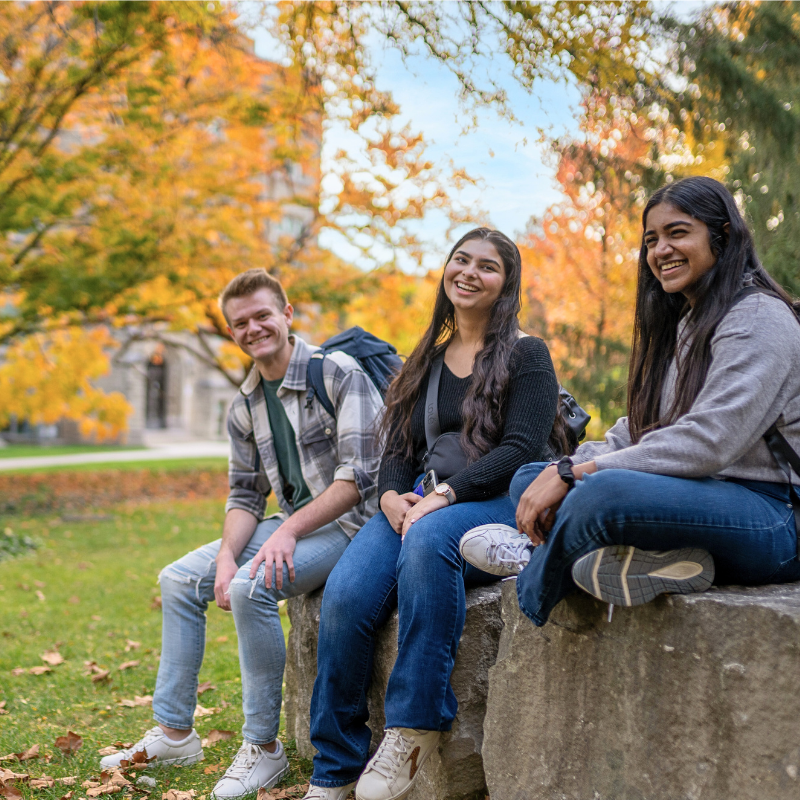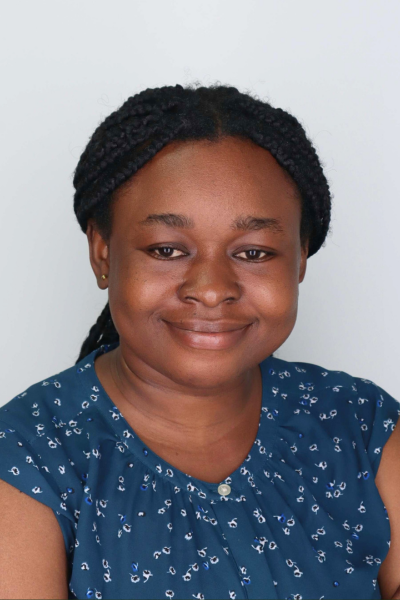Search Website

Equity and Diversity Social Science Doctoral Fellowship
Empowering diverse scholars through doctoral fellowships
Equity and Diversity Social Science Doctoral Fellowship
Empowering diverse scholars through doctoral fellowships

Equity and Diversity Social Science Doctoral Fellowship
Empowering diverse scholars through doctoral fellowships
Equity and Diversity Social Science Doctoral Fellowship (EDSSDF)
- Four awards, each with a total value of $20,000, paid to each recipient as $5,000/year for four years
- These awards are on top of Departmental funding and not subject to any downward adjustments
- Self-identify as Black, Indigenous*, a racialized minority, LGBTQ2s+, or having a disability
- Have been offered admission to a Faculty of Social Science PhD program (Anthropology, Economics, Geography & Environment, History, Political Science, Psychology, or Sociology) at Western.
Also note that the Office of Indigenous Initiatives at Western has an Indigenous identification affirmation committee that assesses Indigenous identity claims of applicants who self-identify (Indigenous Citizenship or Membership at Western). This is toward fostering a welcoming and inclusive environment for a diversity of Indigenous identities and toward creating safe spaces for Indigenous people to self-identify as Indigenous and share their positionality. The assessment of Indigenous applicants for the EDSSDF will include an Indigenous faculty member and successful Indigenous applicants will need to participate in the affirmation process described here.
The student’s application to the graduate program will be the primary source of the application materials for this fellowship. Two supplemental documents are requested as described below.
- Cover letter, consisting of a student statement of eligibility and the name of the student’s supervisor in the Faculty of Social Science (FSS). This statement can be brief, but should include information about how the student is eligible for this award and provide their supervisor’s name.
- Statement of research contributions, relevant experience, and activities (see template below).
Adjudication is at the FSS level. The core selection criteria are research potential and dedication to scholarly activity. The Faculty EDSSDF Adjudication Committee is chaired by the FSS Associate Dean-Graduate and Postdoctoral Studies and will include the FSS Assistant Dean-EDID and representation from FSS departments.
Timeline
First business day of March (March 3, 2025)
- Students applications are due to Ann Seabrook ann.seabrook@uwo.ca. Note that students submit the two supplemantal documents described in the Application section; other components of the application will be obtained directly from the student's program.
Second week in March to third week in March
- The EDSSDF Adjudication Committee members are asked to score each applicant using appropriate equity-informed processes.
Last week in March
- The Chair of the EDSSDF Adjudication Committee sends the overall scoring for the cohort of applicants in a ranked list to the adjudication committee. A meeting may be held to identify the awardee.
First week in April
- Program notifies awardee
Second week in April
- Awardee must notify program of the decision to accept or decline the award.
Third week in April
- Awardee’s photo and name are posted to FSS scholarship page, if awardee consents.
Research contributions, relevant experience & activities (maximum two pages, single spaced)
Describe your research contributions, including relevant experiences and activities, organized using the two sections listed below.
Section I—Research contributions
Supplementing the information in your admission application, this is an opportunity to highlight any research contributions you would like to further contextualize. Please indicate whether the items you list are refereed** (peer-reviewed) or not. Research contributions are broadly defined here, including those that are not in traditional scholarly publications. If the contribution is co-authored, please specify your role. For publications in languages other than English or French, provide a translation of the title of the publication. List the contributions with full reference information or, where relevant, an indication of how the contribution was disseminated.
Section II—Applicant’s statement
Organize this information under the following two headings:
Relevant experience
- Describe the research abilities you have gained through your past research experience, including special projects, honours/master’s thesis, co-op reports, etc. If you have relevant work experience, discuss its relevance to your proposed field of study/research and any benefits you gained from it
- This section can also be used to describe any training relevant to your proposed research, such as formal training experiences (e.g., workshops), but also knowledge gained through lived experience and traditional teachings.
Relevant activities
Describe your participation in relevant professional, academic, extracurricular and community activities, as well as collaborations with supervisors, colleagues, peers, students, and community members, such as:
- Indigenous community leadership and other roles
- teaching, mentoring, supervising and/or coaching
- managing projects
- participating in science and/or research promotion
- community outreach, volunteer work and/or civic engagement
- chairing committees and/or organizing conferences and meeting
- participating in departmental or institutional organizations, associations, societies and/or clubs.
**A refereed work is assessed before publication by arms-length experts (note that a thesis is not considered a refereed publication)
Hayl Al Salehi - Political Science
Hailyee (Hui Jeong) Ha - Geography & Environment
Reforce Okwei - Geography & Environment
2022 EDSSDF Recipients
Jason Chung - Psychology
Desmond Ofori Oklikah - Geography & Environment
Carmen Salloum - Political Science



